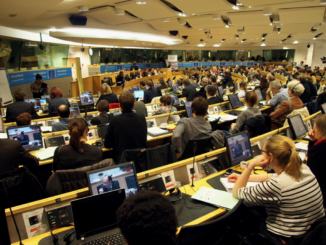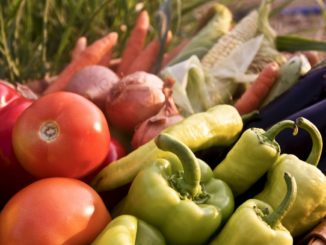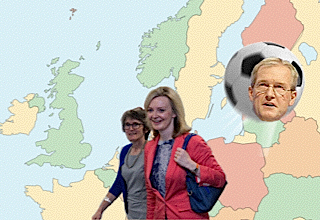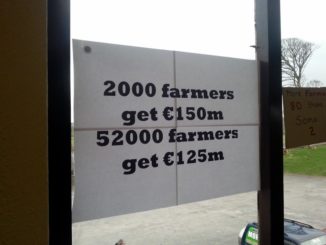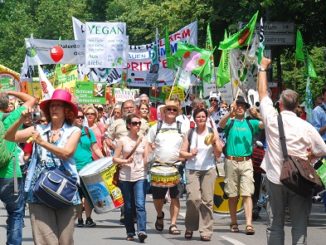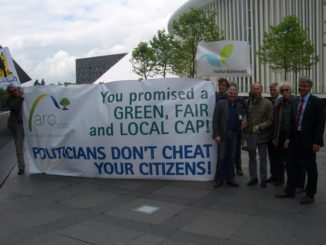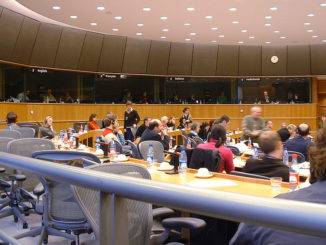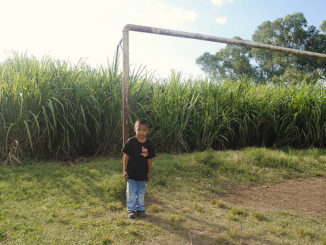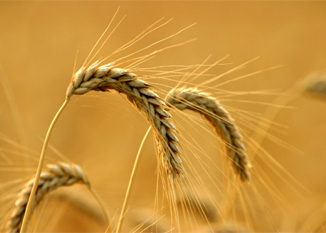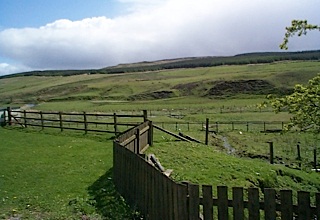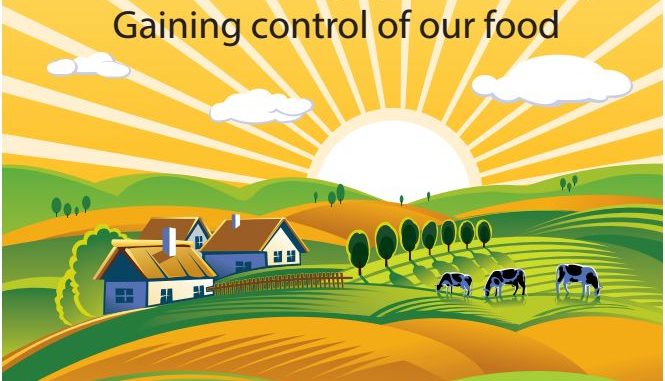
Does Food Sovereignty Starve the Poor and Punish the Planet?
by Gilles Billen, Luis Lassaletta and Josette Garnier Globalisation is not only a matter of clothing and mobile phones. Long-distance worldwide shipping of food commodities has also increased tremendously over the last few decades. Lassaletta et al.(2014) estimate that one-third of all proteins (a proxy for the nutritive potential of foodstuffs) produced globally are redistributed through international trade. Thus a recent study in France shows that the total volume of long distance commercial exchanges of food commodities, mostly originating from far away, account for over twice the national agricultural production (Le Noé et al., submitted). However, the positive value of a globalised food supply is being actively questioned. In industrialised countries, a citizens’ movement has arisen, sometimes supported by local public authorities, seeking to promote a local food supply. This movement aims to reclaim control of nutrition, re-create social links often destroyed by the extent of mass distribution, and develop the local economy. Developing countries are also attempting to strengthen their local food supply and recover part of their food sovereignty lost by decades of […]

